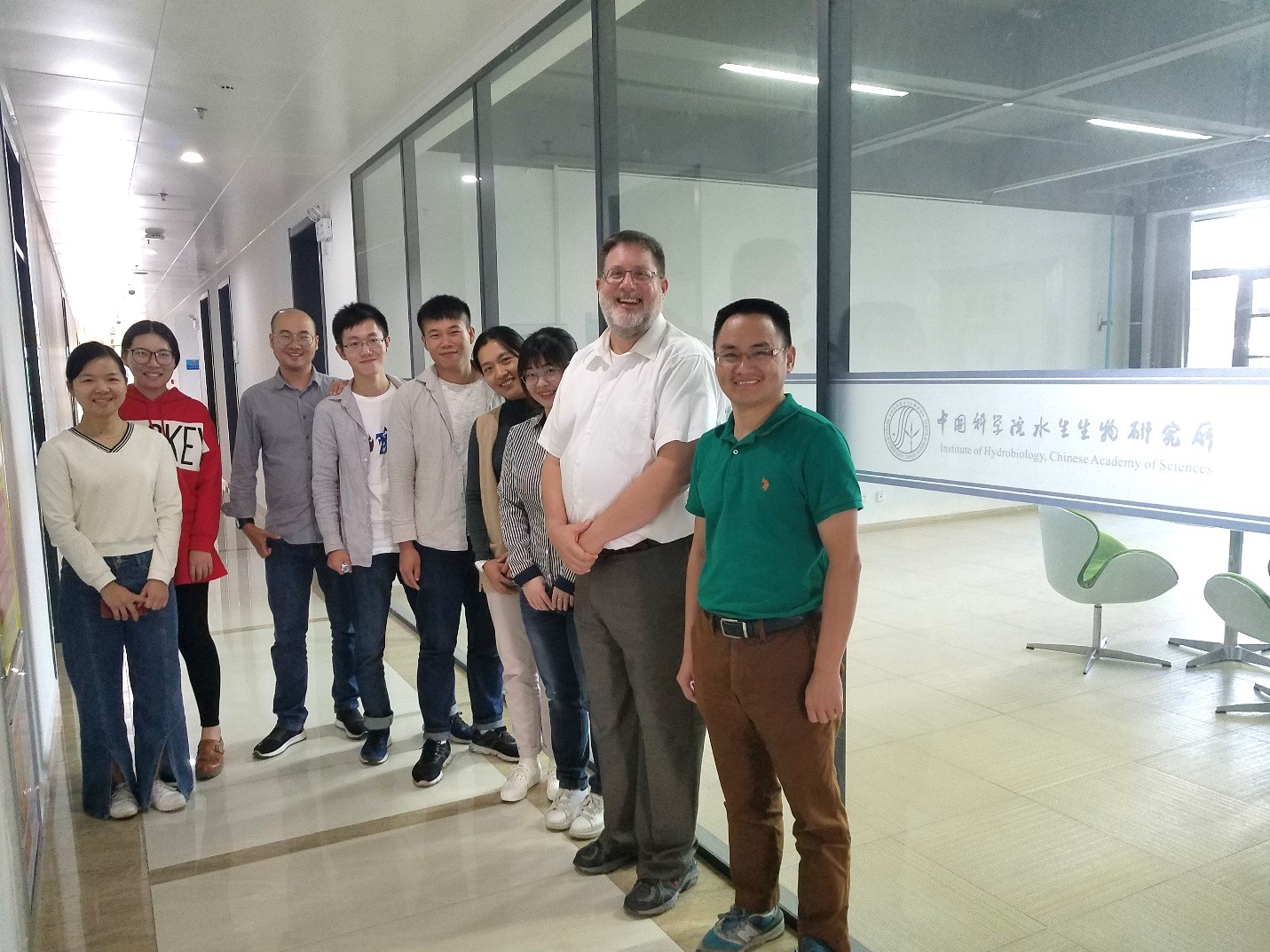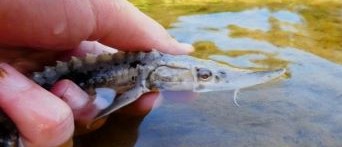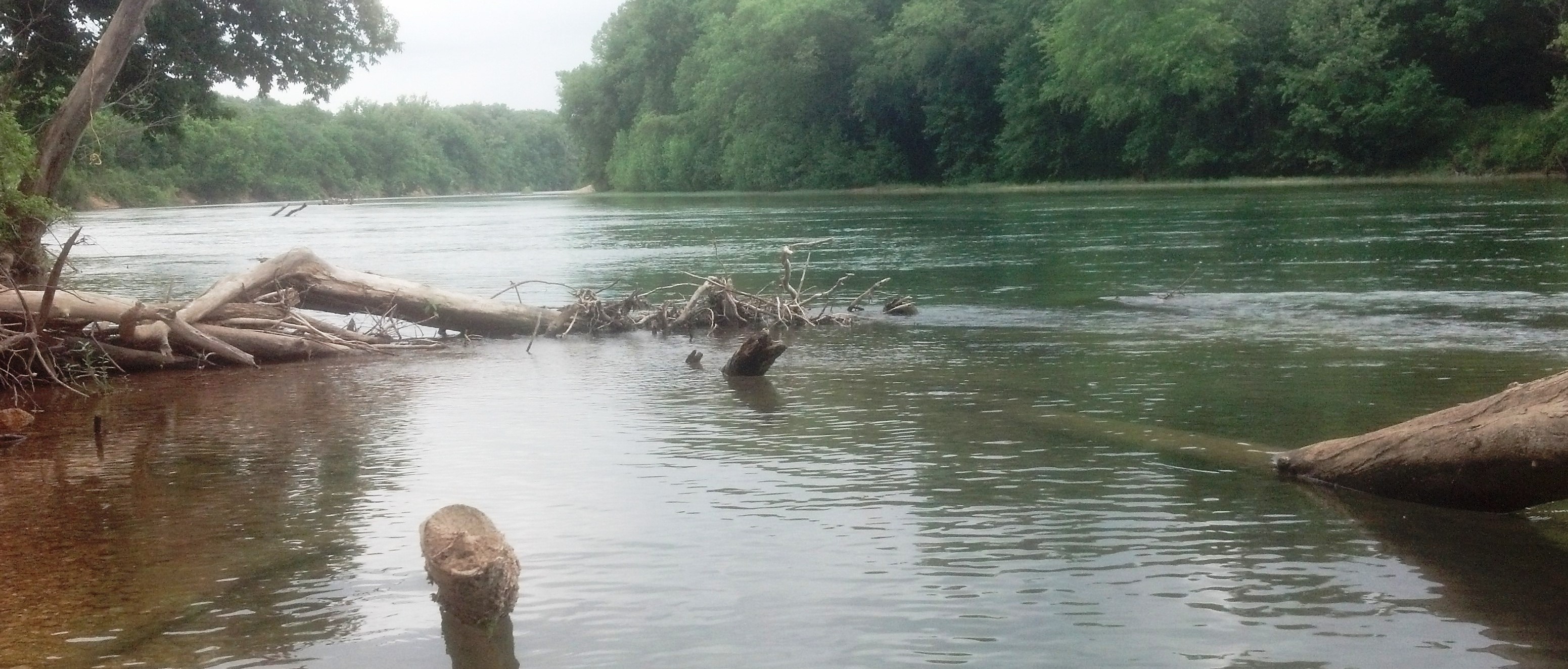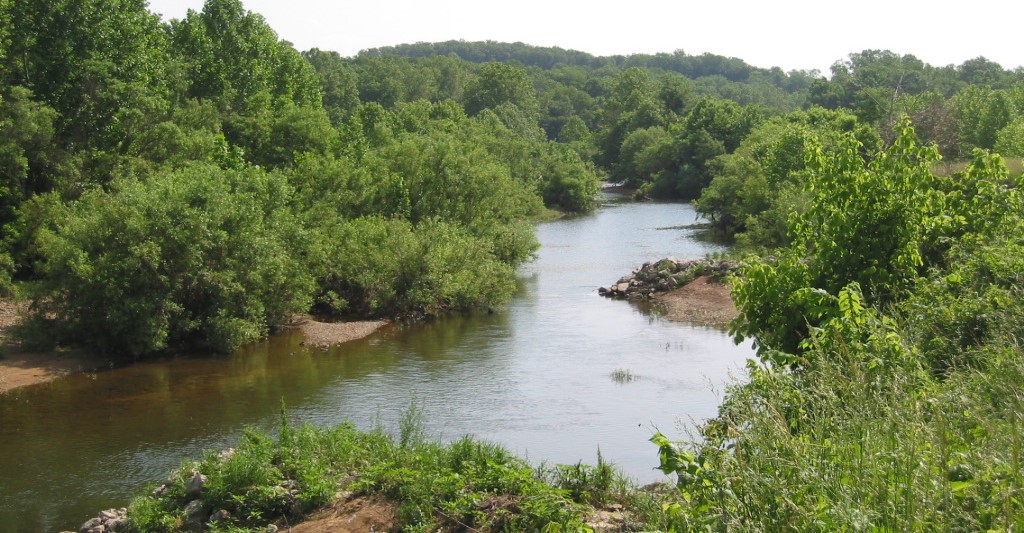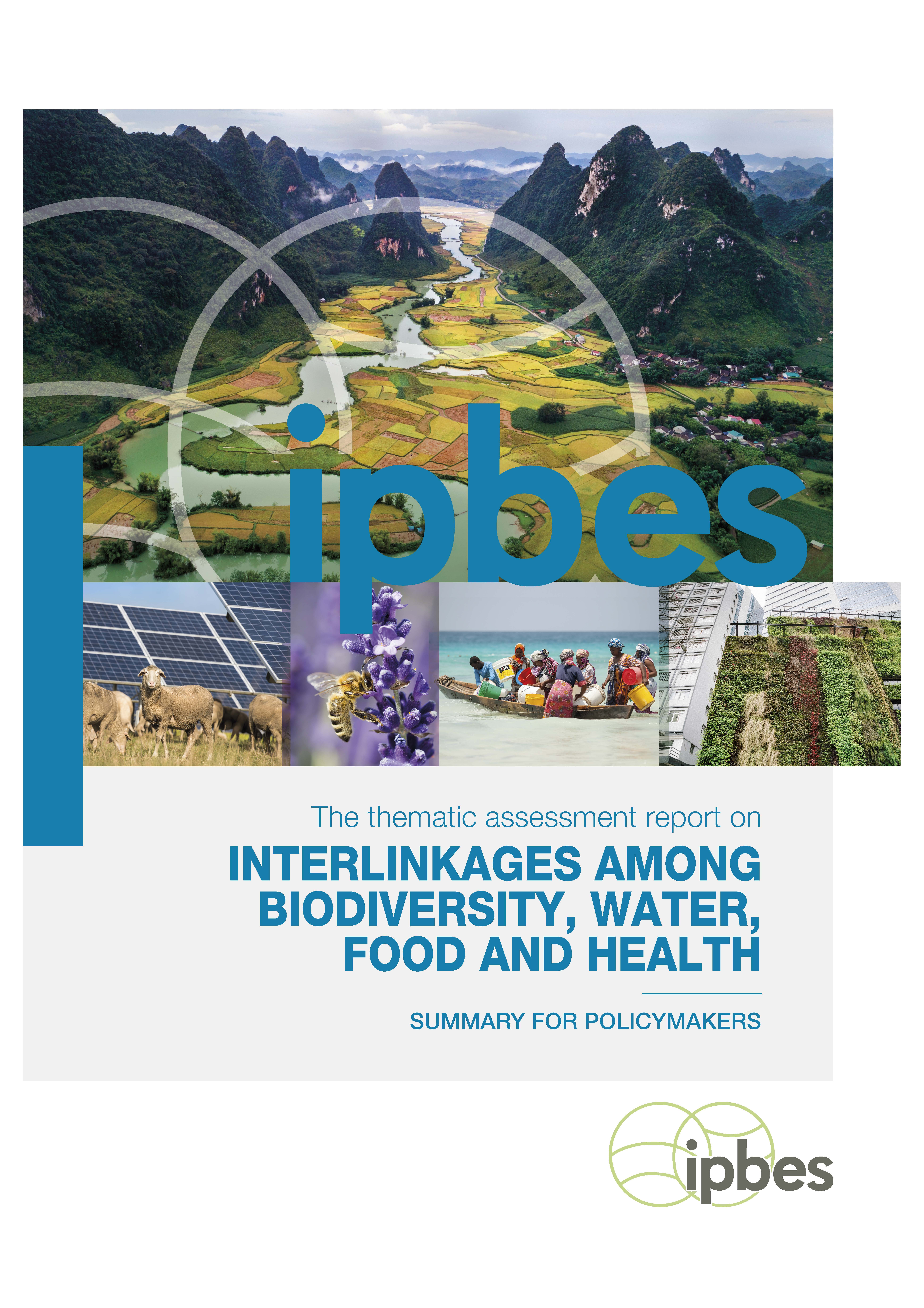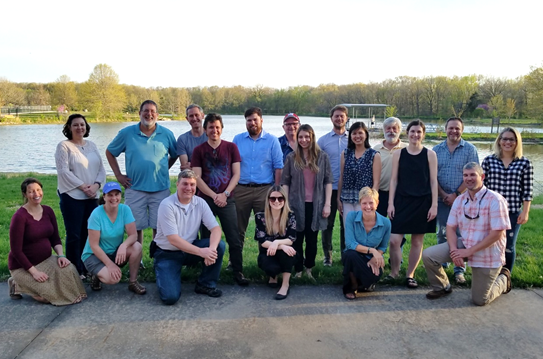River Studies Research In the News
Follow the lab on twitter!
Craig Paukert , in collaboration with Patrick Kroboth at USGS-CERC hosted visiting Chinese scientists to a tour the Mississippi River and CERC prior to the 6th Mississippi-Yangtze River Basins Symposium (MYRIBS) in September 2024. Visitors toured field sites prior to the 6th MYRIBS symposium which focuses presentations on the conservation and management of the Yangtze and Mississippi River basins and their respective aquatic resources as well as other large (i.e., boatable) rivers and their tributaries, and lakes or lake basins in the United States and China, and throughout the world. This is an ongoing collaboration for the last 10 years, with plans to continue in future years.
A recent project that Craig Paukert is involved developed a story map about FiCli (Fish and Climate Change Database) was selected to the 2021 Esri Ocean, Weather and Climate GIS Forum and appears on their online gallery. The map gallery is an opportunity for story maps to reach broader audiences and allow for users to interact by commenting on the submissions and voting for maps that they like. To view the FiCli story can be found on the USGS website.
Craig Paukert caught the WORLD RECORD paddlfish (23 years too early!). On July 23, 2020, angler Cody Watters was fishing with Jeremiah Mefford of Reel Good Times Guide Service on Keystone Lake, Oklahoma, where he landed a new world record paddlefish of 151 pounds, 14.4 ounces. Upon further inspection, the fish had a jaw tag that Craig Paukert attached during in MS degree at Oklahoma State University. The fish was originally tagged on January 4, 1997 and weighed 7.7 pounds and was two years old. This was a fun story and a great lesson to take good notes and metatdata--it may come in handy 23 years later!
Craig Paukert and collaborators were highlighted for a 2020 paper published in Nature: Scientific Data of a searchable database on how climate change affects fishes.
Craig Paukert and Honors Undergraduate Student Cheyenne Stratton were briefly highlighted on the Mizzou Instagram feed about their collaboration. They were interviewed at the Honors Convocation at Mizzou in December 2018.
Craig Paukert gave a presentation at the Mississippi River-Yangtze River Symposium in Chengdu, China in October 2018. This was the third symposium where researchers from China and the US share knowledge and develop collaboration for research relevant to river and watershed conservation in the Mississippi River basin and Yangtze River basin.
Corey Dunn, PhD student, created a video of the fishes in an Ozark River, Missouri. The video has been posted on the IUCN Freshwater Fish Specialist Group Facebook page in September 2018.
Craig Paukert received the Gold Chalk Award from the University of Missouri on April 25, 2018. This award recognizes MU faculty who have made significant contributions to the education and training of graduate and professional students. Selection of award recipients is made by the Graduate Professional Council. This award is only given to four faculty throughout the University of Missouri each year. Craig received the award in the category of Natural and Mathematical Sciences.
Craig Paukert was part of a Congressional Staffer Briefing April 12, 2018 on the effects of extreme events (e.g., floods, drought, wildlife, and hurricanes) on fishes. The briefing, hosted by Sen. Peters from Michigan and co-sponsored by USGS and the American Fisheries Society, was well received and addressed a diversity of questions from staffers related to working with partners, ensuring our science is relevant, Asian carp invasions, and water infrastructure.
Corey Dunn (PhD student with Craig Paukert) received the Winemiller Excellence Fund Data Analytics Award at the University of Missouri. The award is given one faculty, research staff, or student for their excellence in analytics or quantitative analysis, and is facilitated through the Department of Statistics and Marketing. Corey received the award for his innovative tool to help fisheries managers select the appropriate sampling protocol to collect fishes under a variety of objectives. .
Research being conducted by graduate students Zach Morris and Mike Thomas of standardizing electrofishing for bass and catfish was highlighted in the August 2017 issue of the Missouri Conservationists (see page 4)
Craig Paukert was part of a collaboration that resulted in a publication highlighted by the USGS national Climate Change and Wildlife Science Center in July 2017. The new paper synthesized the documented and projected impacts of climate change on inland fish worldwide.
The Wildlife Management Institute's June 2017 issue of the Outdoor News Bulletin featured the work of Craig Paukert and collaborators on how climate change may affect inland fishes: https://wildlifemanagement.institute/outdoor-news-bulletin/june-2017/high-temps-low-water-inland-fish-face-uncertain-future
Research by Craig Paukert and collaborators on the effect of climate change on inland fish was highlighted in the January 2017 Environmental Protection Agency Fish and Shellfish Program newsletter (see page 5)
On June 13, 2016, Craig Paukert and former post doc James Whitney were part of a capitol hill briefing to congressional staffers how climate change may affect inland fish and fisheries. The briefing was hosted by the American Fisheries Society and the US Geological Survey. The story can be found here.
Craig Paukert and US Geological Survey collaborator Abigail Lynch were co-editors on the July 2016 special issue of Fisheries on climate change. The issue features four primary peer reviewed manuscripts that were authors or coauthored by Paukert, Lynch, former MU post doc James Whitney, and many other collaborators. The story can be found here.
Craig Paukert was recently interviewed for the Public News Service to discuss the impacts of climate change on Missouri fish and wildlife. The story can be found here.
James Whitney, post-doctoral researcher, and Craig Paukert’s collaborative climate change and inland fish and fisheries projects has received national attention was on the front page of the USGS webpage in summer 2015. The story can be found here.
In addition, Craig and James were featured as the ‘Collaborators of the Month’ in August 2015 in the University of Missouri College of Agriculture, Food, and Natural Resources News.
Jacob Westhoff’s research was highlighted on the Star-Oddi newsletter as he used their tags to monitor temperature use of smallmouth bass.
The work of post-doctoral researchers Kristen Bouska, and Garth Linder, working with Craig Paukert and USGS collaborator Robb Jacobson were featured by the University of Missouri College of Agriculture, Food, and Natural Resources for their work on how climate change may affect floodplains of big rivers.
Jacob Schwoerer, M.S. student, worked with the National Park Service to determine the aquatic community vulnerability to climate and land use change in National Park Units throughout much of the Midwest. His work was highlighted in the National Park Service Climate Change Response Program newsletter in fall 2014.
